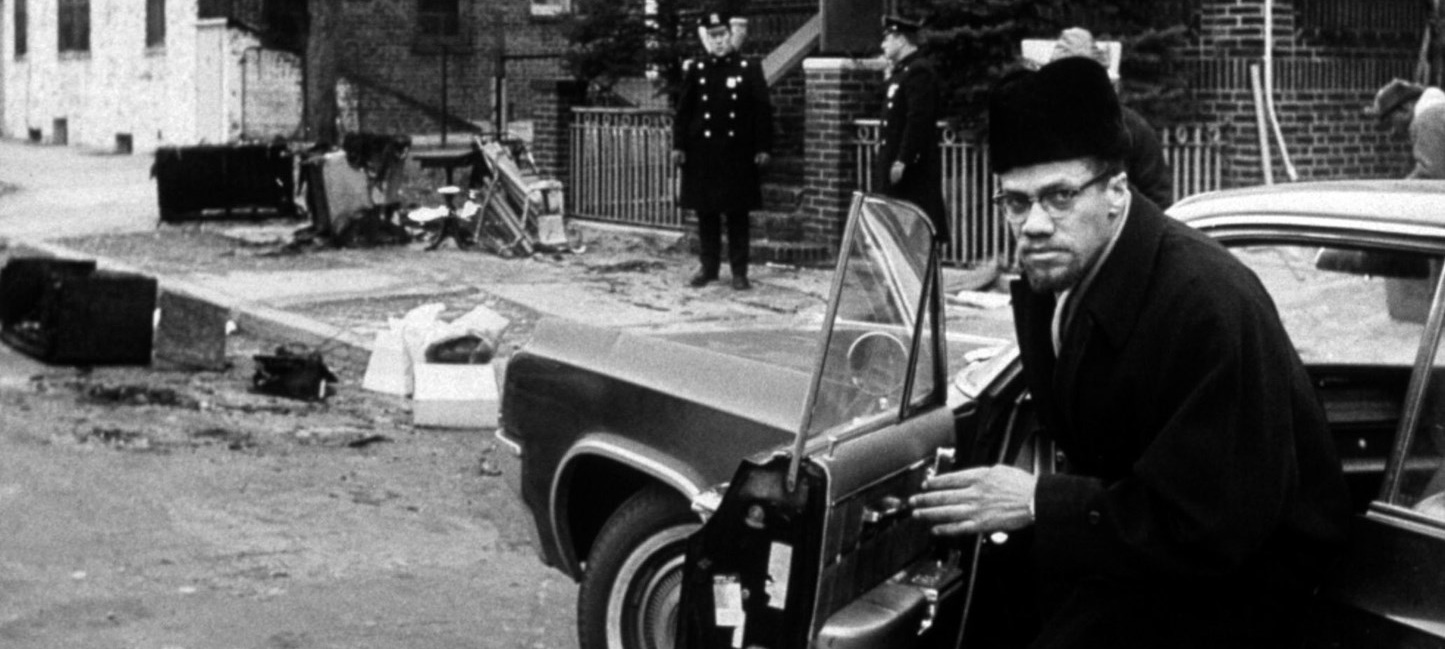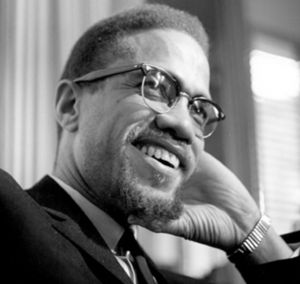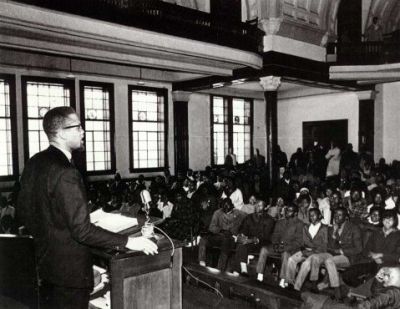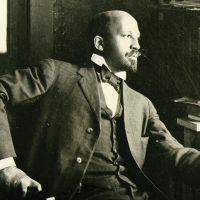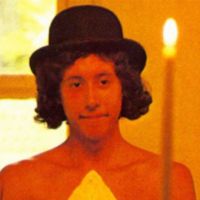Primary Source
The first man I met in prison who made any positive impression on me whatever was a fellow inmate, "Bimbi." I met him in 1947, at Charlestown. He was a light, kind of red-complexioned Negro, as I was; about my height, and he had freckles. Bimbi, an old-time burglar, had been in many prisons. In the license plate shop where our gang worked, he operated the machine that stamped out the numbers. I was along the conveyor belt where the numbers were painted.
Bimbi was the first Negro convict I'd known who didn't respond to "Wha'cha know, Daddy?" Often, after we had done our day's license plate quota, we would sit around, perhaps fifteen of us, and listen to Bimbi. Normally, white prisoners wouldn't think of listening to Negro prisoners' opinions on anything, but guards, even, would wander over close to hear Bimbi on any subject.
He would have a cluster of people riveted, often on odd subjects you never would think of. He would prove to us, dipping into the science of human behavior, that the only difference between us and outside people was that we had been caught. He liked to talk about historical events and figures. When he talked about the history of Concord, where I was to be transferred later, you would have thought he was hired by the Chamber of Commerce, and I wasn't the first inmate who had never heard of Thoreau until Bimbi expounded upon him. Bimbi was known as the library's best customer. What fascinated me with him most of all was that he was the first man I had ever seen command total respect…with his words.
…Out of the blue one day, Bimbi told me flatly, as was his way, that I had some brains, if I'd use them. I had wanted his friendship, not that kind of advice. I might have cursed another convict, but nobody cursed Bimbi. He told me I should take advantage of the prison correspondence courses and the library.
…. So, feeling I had time on my hands, I did begin a correspondence course in English…Through the correspondence exercises and lessons, some of the mechanics of grammar gradually began to come back to me.
After about a year, I guess, I could write a decent and legible letter. About then, too, influenced by having heard Bimbi often explain word derivations, I quietly started another correspondence course—in Latin.
From The Autobiography of Malcom X, as told to Alex Haley (Ballantine Books, 1965).


